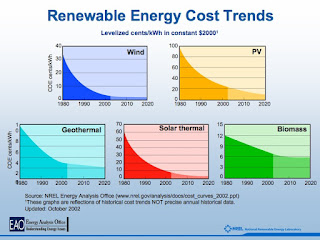Polish Government Has Systematically Under-Estimated the Difficulty of Switching Support Systems

When the Polish Government began years ago to start the notion of completely changing the support system to an auction and away from Green Certificates, several of us raised issues about the difficulty in making a transition. The European Commission's movement to auctions was largely sparked by the big utilities - who have huge advantages in this system. See comments of Polish Biogas Association . Smaller projects have disproportionately higher front-end costs and historically do poorly in auction systems wherever they are introduced. To offset this problem, the Polish law has been amended to provide guarantee support for small biogas projects under 1 MW at a rate that is 90% of the reference price in the auctions. This is an excellent provision, although it is set at a level that is too low to optimize biogas development in Poland across many projects. [We suggested a 2 MW cap]. Most biogas projects selected under the old system were over 1 MW due to improved efficiencies at ...





